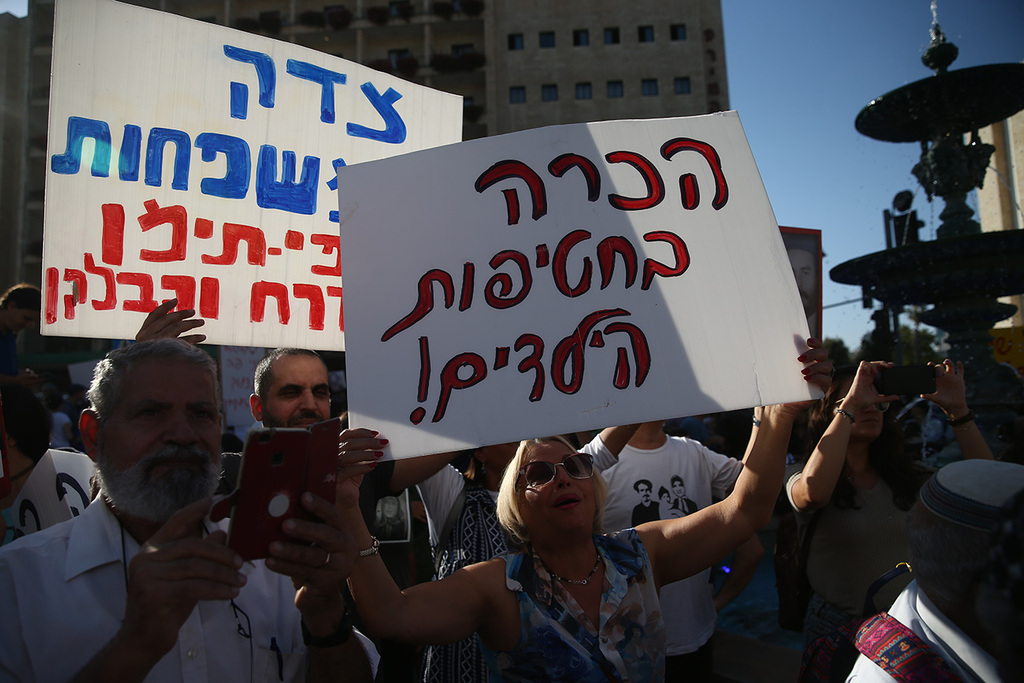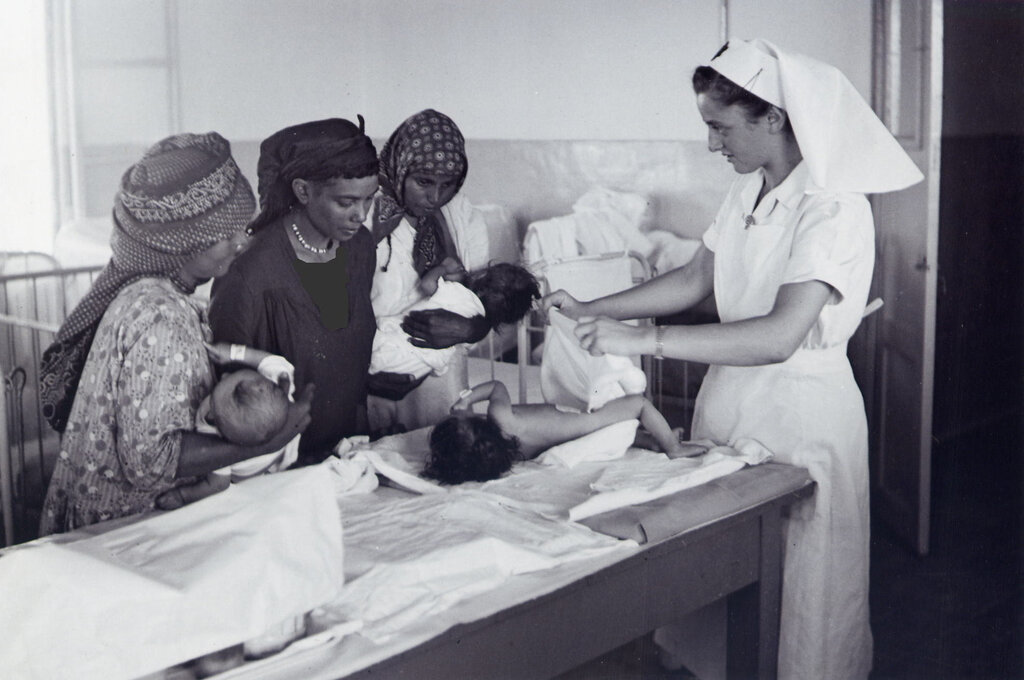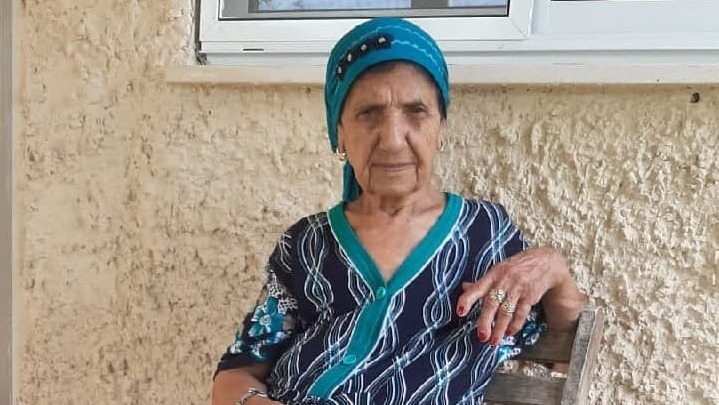My grandfather Binyamin immigrated from Yemen to Israel in 1942 in the name of Zionism and love for the Holy Land.
Seven years later, my grandmother Galia also immigrated to Israel as part of Operation Magic Carpet.
3 View gallery


Protesters in Jerusalem call on the government to acknowledge the disappearance of Yemenite children
(Photo: Ohad Zwigenberg)
They got married and built their home in Moshav Amka in northern Israel, looking forward to their new life.
In 1952, my grandmother went to Rambam hospital in Haifa with her one-year-old daughter Margalit, who was feeling unwell.
The hospital told my grandmother to leave her daughter on the pediatric ward.
Several days later, my grandfather went to the hospital to check up on his child, and was told by a nurse: "The girl has died, go home."
Binyamin's cries of pain shook the walls. Although he insisted, staff would not let him see his daughter's body nor did they present him with a death certificate.
With empty hands and tear-filled eyes, he returned home to deliver the bitter news to Grandma Galia.
My grandmother, who was pregnant with my aunt at the time, went to the hospital the following day, also hoping to learn about the whereabouts of her daughter. The medical staff tried to scare her off.
"You'll find it hard to see the girl's body," they told her.
And although she yelled and cried, demanding to see her daughter, she and my grandfather were unable to find out what had actually happened to Margalit.
Their grief was twofold - the loss of their eldest daughter and the loss of trust and severe disappointment in the country where they had so longed to live.
As the years passed, a growing number of families lived through different versions of this same horrible story.
It turns out that thousands of children were taken in this way, but no one cared.
For decades, grieving parents were turned away from government offices without receiving any answers.
Only partial archival documents ever saw the light of day, and even after countless debates in Knesset committees, the state never even said, "you are right, this happened, and it is terrible."
Only now after decades of agony and a month before the elections has the government unanimously agreed on a settlement - which it called "historic."
It will pay reparations to the tune of NIS 150,000 to each family whose child died and NIS 200,000 to each family whose child's whereabouts remain unknown.
3 View gallery


A nurse cares for children of Yemenite immigrants at a facility in the early days of the State of Israel
(Photo: GPO)
It took the government seven decades to show any remorse for the events that took place in the early days of the state and to acknowledge the suffering of the families.
Where were you, our leaders, for all those years?
Hundreds of parents passed away without knowing what happened to their children, and you ignored them and called them crazy. In utter contempt and without showing them any mercy, you sent them home.
No amount of money will atone for the injustice done to the families, certainly not after 70 years of denial. No amount can equate to the loss of a child to the parents.
My grandfather passed away with a broken heart, never knowing what happened to his daughter, and full of agony for not doing enough to bring her back home.
To this day, my grandmother sheds tears every time she talks about Margalit as if it all happened just yesterday.
This tragic saga has periodically made the headlines, but my grandmother waits every day for Margalit's knock on the door, hoping to hear her say, "mommy, I'm home."


